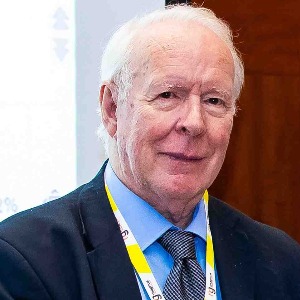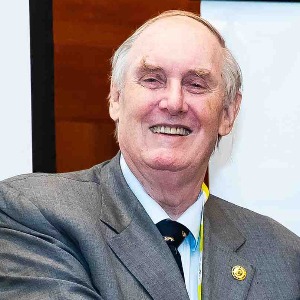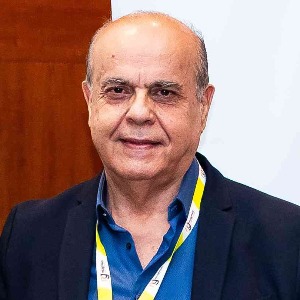Temporomandibular Disorders
Temporomandibular Disorders (TMD) are a group of conditions affecting the muscles and joints of the jaw. They are the most common musculoskeletal disorders of the head and neck. It is estimated that 10-15% of the population suffer from TMD. The exact cause of TMD is unknown, but it is believed to be caused by a combination of factors including teeth grinding, jaw clenching, misalignment of the teeth, misalignment of the jaw joints, trauma, and stress. TMD can cause a wide range of symptoms including headaches, earaches, jaw pain, neck pain, and limited range of motion of the jaw. It can also cause clicking, popping, and grating sounds from the jaw. In dentistry, TMD is diagnosed through physical examination, x-rays, and other imaging tests. Treatment for TMD includes lifestyle changes such as avoiding teeth grinding and jaw clenching, using a mouthguard at night, and physical therapy to help reduce muscle tension. In more severe cases, medications such as muscle relaxants and anti-inflammatories may be prescribed. Surgery may also be an option in some cases. It is important for patients with TMD to be treated by an experienced dentist or physician who is able to provide proper diagnosis and treatment. If left untreated, TMD can lead to further complications such as TMJ arthritis, loss of teeth, and jaw dysfunction. By understanding the causes, symptoms, and treatments of TMD, dentists can help provide better care for their patients. Patients should also be made aware of the importance of proper diagnosis and treatment of TMD in order to prevent the development of further complications.

David Geoffrey Gillam
Queen Mary University of London, United Kingdom
Christopher Turner
Spacemark Dental, United Kingdom




Title : Evaluating hygienist follow up for head and neck oncology patients in secondary care: Results from a two cycle audit
Peter Basta, Newcastle Dental Hospital, United Kingdom
Title : Atypical facial pain unravelled
Christopher Turner, Spacemark Dental, United Kingdom
Title : New treatment of temporomandibular disorder through muscle balance and muscle regeneration by activation of quiescent muscle stem cells( satellite cells) with mitochondrial dynamics
Ki Ji Lee, National Reserach Foundation & Busan Medical University, Korea, Republic of
Title : MRONJ and ORN: Referral or management in primary care? Navigating guidelines in the context of long waiting lists
Alisha Sagar, NHS England, United Kingdom
Title : Managing the unexpected: An Insight into supernumerary teeth
Bahar Gharooni Dowrani, Guy's and St Thomas' NHS Foundation Trust, United Kingdom
Title : Laxative prescribing for post operative head and neck cancer patients at Derriford Hospital
Pui Sze Kylie Li, Cardiff and Vale University Health Board, United Kingdom